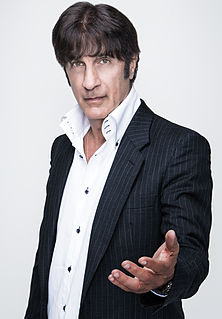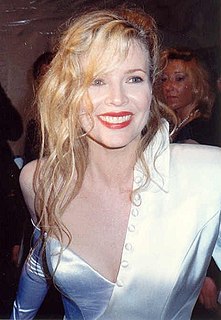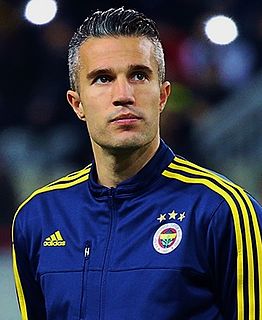A Quote by Venkatraman Ramakrishnan
I'm very grateful to have had many brilliant students and post-docs who have worked with me. Potential is often hard to spot, but a key factor is whether they express a genuine interest in the problem and how they have thought about it.
Related Quotes
...methods are more important than facts. The educational value of a problem given to a student depends mostly on how often the thought processes that are invoked to solve it will be helpful in later situations. It has little to do with how useful the answer to the problem may be. On the other hand, a good problem must also motivate the students; they should be interested in seeing the answer. Since students differ so greatly, I cannot expect everyone to like the problems that please me.
What is wrong with encouraging students to put "how well they're doing" ahead of "what they're doing." An impressive and growing body of research suggests that this emphasis (1) undermines students' interest in learning, (2) makes failure seem overwhelming, (3) leads students to avoid challenging themselves, (4) reduces the quality of learning, and (5) invites students to think about how smart they are instead of how hard they tried.
All singers, no matter how gifted, should always try to go improve. And all students begin in the same place despite the level of their talent. It's like bodybuilding: All people who train use similar exercises no matter how naturally physically endowed a person may be. I have worked with many of the most brilliant singers in modern music and it's always the case that they have a great deal of under-realized potential no matter how amazing their abilities.
I often notice how students can gain the capacity to use certain critical methodologies through engaging with very different texts - how a graphic novel about gentrification and an anthology about Hurricane Katrina and a journalistic account of war profiteering might all lead to very similar classroom conversations and critical engagement. I'm particularly interested in this when teaching law students who often resist reading interdisciplinary materials or materials they interpret as too theoretical.
I like the financial security because I know how hard it is for so many people who struggle to earn a living. I'm grateful I don't have to worry about money and I can live very freely and do something I love and get paid very well to do it. I tell my friends to slap me if they ever think I'm getting full of myself.
I had this whole issue of doing a crime film in the 2010s. The genre's been mined very, very heavily. Post-Scorsese, post-Tarantino, post-Guy Ritchie, what do you do? I wasn't attracted to pulp so much as all of a sudden I had a pulp problem. I had to find a way to make this interesting, because there's a lot of crime films that come out on VOD every week, and a number of these star Nicolas Cage.
Hopefully the process is to spot things that would be grist for the funny mill. In some respects, the heavier subjects are the ones that are most loaded with opportunity because they have the most - you know, the difference between potential and kinetic energy? - they have the most potential energy, so to delve into that gives you the largest combustion, the most interest. I don't mean for the audience. I mean for us. Everyone here is working too hard to do stuff we don't care about.
In 1948, I began coaching basketball at UCLA. Each hour of practice we worked very hard. Each day we worked very hard. Each week we worked very hard. Each season we worked very hard. Four fourteen years we worked very hard and didn't win a national championship. However, a national championship was won in the fifteenth year. Another in the sixteenth. And eight more in the following ten years.




































